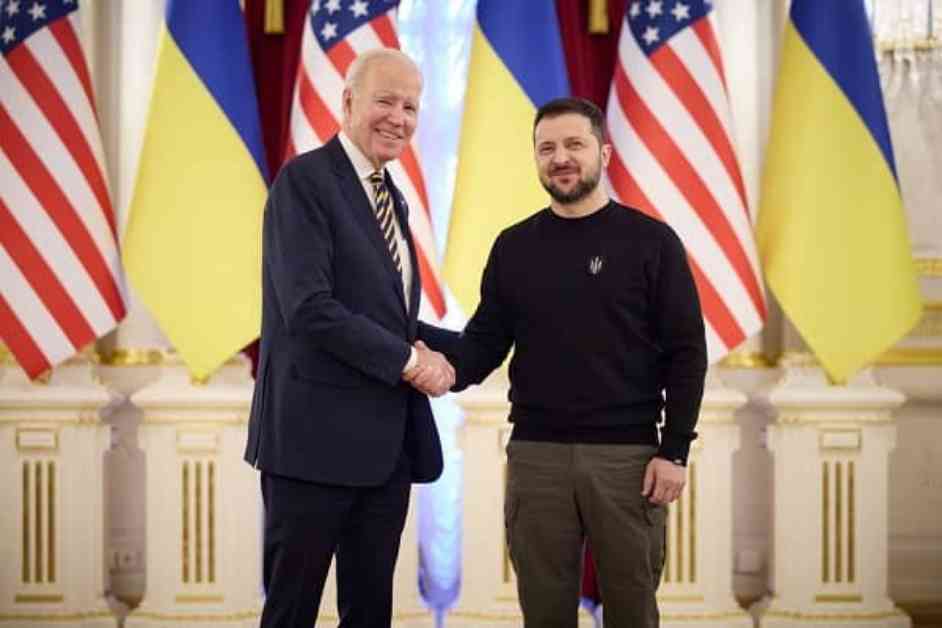Russia has accused NATO of lowering the nuclear threshold and making preparations to send troops to Ukraine, igniting tensions between the two global powers. The Kremlin’s allegations have raised concerns about the potential escalation of conflict in the region and have prompted a flurry of analysis and updates from experts and policymakers.
Accusations and Concerns
The accusations leveled by Russia against NATO are significant, as they suggest a shift in the strategic dynamics of the region. By accusing NATO of lowering the nuclear threshold, Russia is signaling its perception of increased aggression and militarization by the Western military alliance. This accusation has serious implications for international security and stability, as any escalation in nuclear capabilities could lead to a dangerous and destabilizing arms race.
In addition to the accusation of lowering the nuclear threshold, Russia has also alleged that NATO is preparing to send troops to Ukraine. This accusation has heightened tensions in the region, as Ukraine is a key geopolitical flashpoint between Russia and the West. The prospect of NATO troops being deployed to Ukraine could further exacerbate the conflict in the region and lead to a direct military confrontation between Russia and the Western alliance.
Analysis and Updates
The accusations made by Russia have sparked a flurry of analysis and updates from experts and policymakers around the world. Analysts are closely monitoring the situation and assessing the potential implications of the escalating tensions between Russia and NATO. Updates on military movements, diplomatic efforts, and strategic developments are being closely followed to gauge the likelihood of a military conflict in the region.
Policymakers are also weighing in on the situation, with many expressing concerns about the potential for a dangerous escalation in the conflict. Calls for dialogue and de-escalation are being made by world leaders in an effort to prevent a full-blown military confrontation. The international community is closely watching the situation and working to find diplomatic solutions to the escalating tensions.
International Response
The accusations made by Russia have elicited a mixed international response, with some countries expressing support for NATO and others calling for restraint and dialogue. The United States and its allies have reaffirmed their commitment to NATO and have condemned Russia’s aggressive actions. They have called for a united front against Russian aggression and have pledged to support Ukraine in the face of potential military incursions.
On the other hand, some countries have called for restraint and dialogue in order to prevent a dangerous escalation in the conflict. Germany, France, and other European countries have emphasized the importance of diplomacy and have urged all parties to engage in constructive dialogue to resolve the crisis peacefully. The international community is working to find a diplomatic solution to the escalating tensions and prevent a military conflict in the region.
Conclusion
The accusations made by Russia against NATO have raised serious concerns about the potential for a dangerous escalation in the conflict. The international community is closely monitoring the situation and working to find diplomatic solutions to the escalating tensions. Calls for dialogue, de-escalation, and restraint are being made by world leaders in an effort to prevent a full-blown military confrontation. The coming days and weeks will be critical in determining the course of the conflict and whether a peaceful resolution can be achieved.

